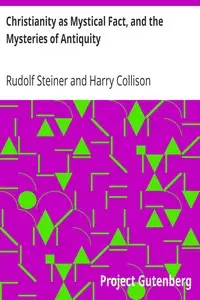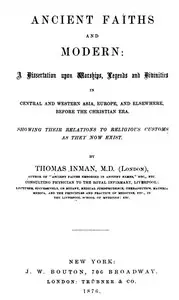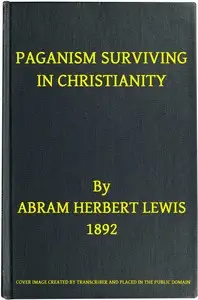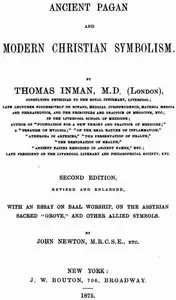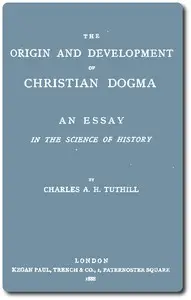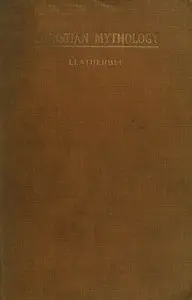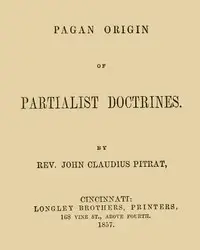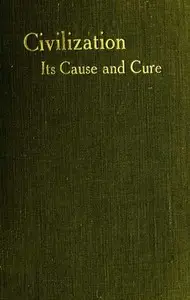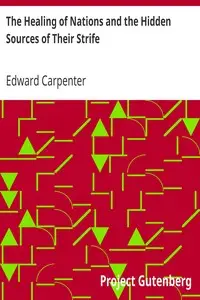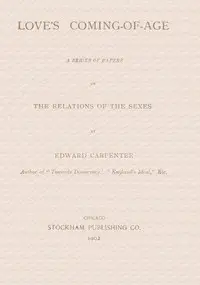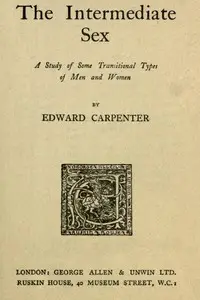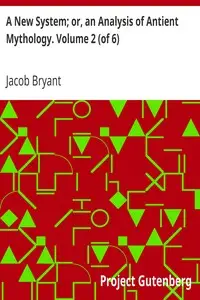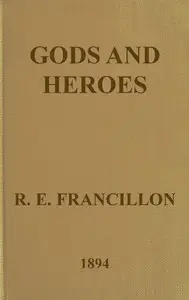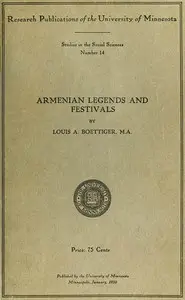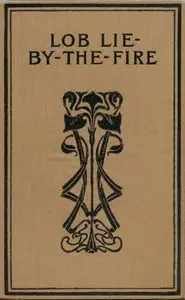"Pagan and Christian Creeds: Their Origin and Meaning" by Edward Carpenter is an analytical study that examines the interconnectedness of pagan and Christian beliefs, proposing that Christianity evolved from earlier pagan rituals and mythologies. Carpenter investigates how religious beliefs develop, focusing on the psychological impact of fear and self-awareness, and the influence of the natural world on early religious practices, suggesting that ancient symbolism relating to seasons and human experience continues to influence modern Christianity. The book argues that understanding these connections offers a new perspective on the evolution of human understanding through the history of religious practices. The author's approach encourages readers to reflect on the relationships between ancient spiritual traditions and contemporary religious beliefs.
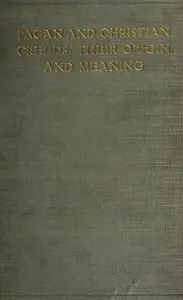
Pagan and Christian Creeds: Their Origin and Meaning
By Edward Carpenter
Explore the hidden connections between ancient pagan rituals and modern Christianity and rediscover the shared roots of human spirituality.
Genres
Released
1998-12-01
Formats
epub
epub (images)
mobi (images)
mobi
epub3 (images)
txt
Free Download
Summary
About the AuthorEdward Carpenter was an English utopian socialist, poet, philosopher, anthologist, an early activist for gay rights and prison reform whilst advocating vegetarianism and taking a stance against vivisection. As a philosopher, he was particularly known for his publication of Civilisation: Its Cause and Cure. Here, he described civilisation as a form of disease through which human societies pass.
Edward Carpenter was an English utopian socialist, poet, philosopher, anthologist, an early activist for gay rights and prison reform whilst advocating vegetarianism and taking a stance against vivisection. As a philosopher, he was particularly known for his publication of Civilisation: Its Cause and Cure. Here, he described civilisation as a form of disease through which human societies pass.
Total Reviews
10.0k
Total reviews from Goodreads may change

